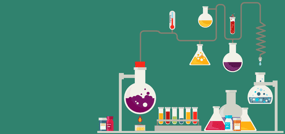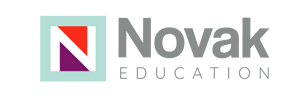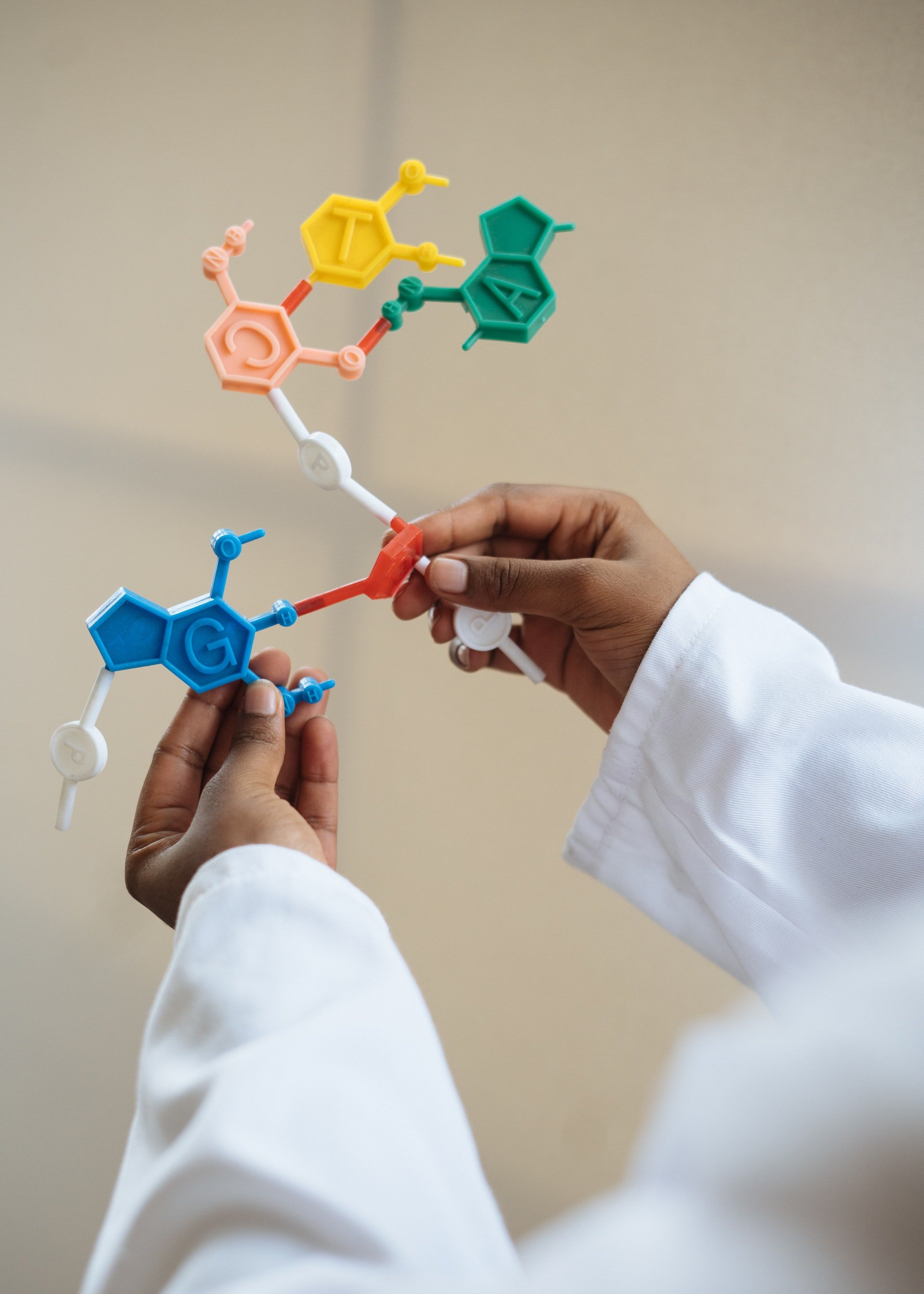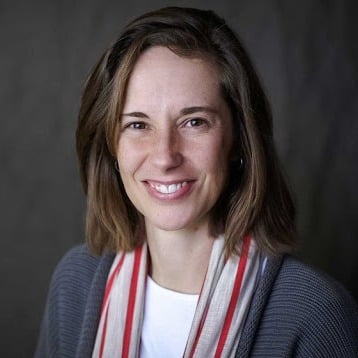When you think of implementing Universal Design for Learning into science lessons, it may not always be the easiest right off the bat. But we can assure you that implementing the UDL Framework within science is very possible and helps to create a better experience for all of our learners! Through the use of UDL strategies, we encourage learners to develop as expert scientists, to make meaning from science and the seven crosscutting concepts (CC) that are the foundation of all sciences.
UDL and Science are a perfect match as science explores a wide range of possibilities, and creative thinking and problem-solving are encouraged, practiced, and explored.
The National Science Teaching Association has developed a set of standards for science and engineering that many state departments of education have used as a basis for statewide standards.
By growing students’ skills in the practice standards, we empower them to become expert learners of science. To demonstrate this, my colleague Tom Thibodeau and I started with three different lesson plans that were submitted to us by your fellow teachers.
Lesson Plan Makeovers
- Geologic Time Scale Activity: Universally Designed Lesson Plan
- Science & Sustainability - Conserving Biodiversity Project Universally Designed Lesson Plan
- IVF and Evaluating Claims: Universally Designed Lesson Plan
Key Takeaways
- Always post lesson goals and target success criteria. By sharing goals and standards with students, it sends them a powerful message that you value them as learners, that you trust them to keep you accountable, and that you believe they deserve to know about their education. Providing goals and success criteria offers the opportunity to highlight and reinforce mathematical vocabulary and procedures.
- Reactivate student knowledge! Without any reinforcement or connections to prior knowledge, information is quickly forgotten—roughly 56 percent in one hour, 66 percent after a day, and 75 percent after six days. Before you build on a previous lesson, reactivate that knowledge. Science teachers are especially aware of how a strong foundation in basic information is key to understanding more complex information.
- Remind students of the different strategies that are available to them. This helps to build expert learners and problem solvers.
- Encourage active engagement during explicit instruction - and provide options for expression! Students need to recognize the science that exists in the world around them. Remember, what is necessary for some is important to provide as options for all.
Remember, you do not need to implement all UDL tips at the same time. As you reflect on your lesson planning process and reflect on grade-level standards, consider incorporating 1-2 strategies in each lesson until it becomes more a part of your practice. If you begin simply by asking students where in their lives they have used science, or when they have needed to understand the cause and effect relationship, you encourage them to model their lives with science(CC2). As you provide direct instruction in specific procedures, ask them to compare them to prior knowledge and reflect on the efficiency of those procedures (CC4 & CC6). Also, be sure to ask students to reflect on the options and choices that are most relevant, authentic, and meaningful as that will help you to plan future lessons that embrace variability, target grade-level goals, and foster student expert learning and collaboration (UDL Guideline 8.3).
Implementing UDL is a process. Start small. Look at one of your lessons and give it a UDL makeover. If you are looking to deepen your learning, explore our math makeovers or submit your lesson plan for a possible feature in an upcoming post.
Looking to implement Universal Design for Learning (UDL) and Culturally Relevant Pedagogy (CRP) to provide rich learning opportunities for all students.in your science classroom?
Explore our self-directed course, Inclusive Practices in the Science Classroom. Learn strategies and approaches to design for students to think and act like scientists!
 Inclusive Practices in the Science Classroom
Inclusive Practices in the Science Classroom
Self-Directed Course | Grad Credits Available
This was post was created by Allison Posey and Tom Thibodeau.



